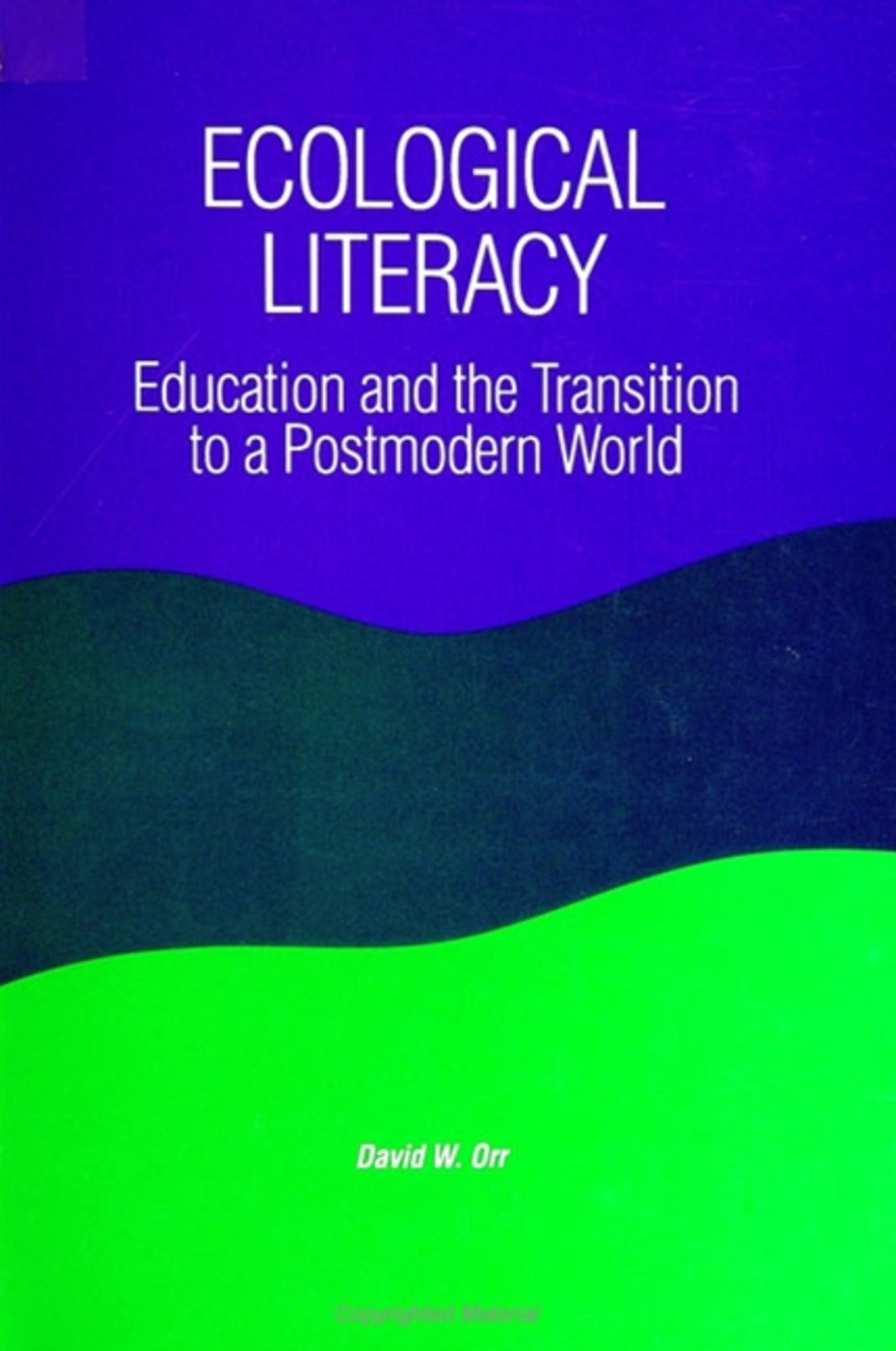We're sorry. An error has occurred
Please cancel or retry.
Ecological Literacy

Some error occured while loading the Quick View. Please close the Quick View and try reloading the page.
Couldn't load pickup availability
- Format:
-
22 November 1991

The most important discoveries of the 20th century exist not in the realm of science, medicine, or technology, but rather in the dawning awareness of the earth's limits and how those limits will affect human evolution. Humanity has reached a crossroad where various ecological catastrophes meet what some call sustainable development. While a great deal of attention has been given to what governments, corporations, utilities, international agencies, and private citizens can do to help in the transition to sustainability, little thought has been given to what schools, colleges, and universities can do. Ecological Literacy asks how the discovery of finiteness affects the content and substance of education. Given the limits of the earth, what should people know and how should they learn it?


"It is ahead of its time, and the momentum is clearly moving in the right direction. In a country that is now concerned about the failure of its public (and much of its private) education system, this book could be very influential. It addresses some of the same concerns as The Closing of the American Mind, but it is an incomparably better book, a 21st century book. I believe that the future of this country and western society depends upon public receipt of this message. Orr has exceptional vision." — David Ehrenfeld, Rutgers University
"It is ahead of its time, and the momentum is clearly moving in the right direction. In a country that is now concerned about the failure of its public (and much of its private) education system, this book could be very influential. It addresses some of the same concerns as The Closing of the American Mind, but it is an incomparably better book, a 21st century book. I believe that the future of this country and western society depends upon public receipt of this message. Orr has exceptional vision." — David Ehrenfeld, Rutgers University
Introduction
Part One: THE ISSUE OF SUSTAINABILITY
I. The Problem of Sustainability
II. Two Meanings of Sustainability
III. A Tale of Two Systems: Sustainability in International Perspectives
IV. Fragments of Strategy
Part Two: EDUCATION
V. Ecological Literacy
VI. The Liberal Arts, the Campus, and the Biosphere: An Alternative to Bloom's Vision of Education
VII. A Prerequisite to the Great Books of Allan Bloom: A Syllabus for Ecological Literacy
VIII. Place and Pedagogy
IX. Education and Sustainability: An Approach
X. What is Education For?
XI. Is Environmental Education an Oxymoron?
Part Three: WHAT KNOWLEDGE? FOR WHAT PURPOSES?
XII. Having Failed to Manage Ourselves, We Will Now Manage the Planet? An Opinion from the Back Forty
XIII. What Good is a Rigorous Research Agenda if You Don't Have a Decent Planet to Put it On? (Apologies to Thoreau)
XIV. Food Alchemy and Sustainable Agriculture
XV. Epilogue
Notes
Index



